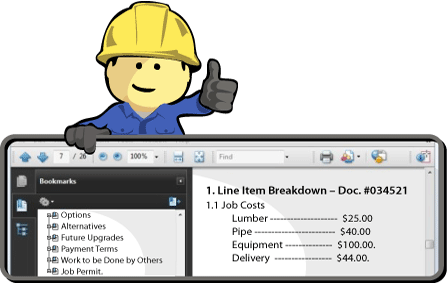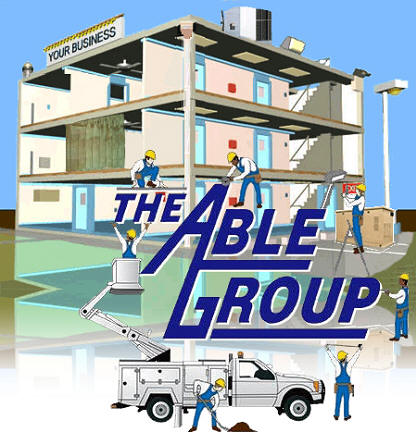 with Your Questions!
with Your Questions!| We're the Electrical Information Experts. Just give us your situation and we'll know what is best. As always reliability and economics is the basis of all our recommendations. We present the varieties, details specifications and costs. We're the "Online Trades" sending you the all the all costs by email. Know more about the new equipment for back up power: Home Oxygen Equipment Commercial, Industrial and Residential Property Electrical Equipment Information Services. Back Up Power Generators: Propane, Diesel, Natural Gas, Solar or Gasoline Portable Store-away systems. UPS Systems, Battery Powered - Uninterruptible Power Source. We will help you with the choices. It should be understood that relevant Rules of Section 24 are intended to apply to the installation of electrical wiring and equipment within patient care areas of those types of health care facilities where permanently or cord connected electro-medical equipment is used for the purpose of intentional contact at a patient’s skin surface or internally during the patient’s treatment, diagnostics or monitoring.
|
Essential Electrical Power for Necessary Health Equipment.
Back-up electricity resources in the event of a power outage. Power Generating Equipment - Health Concerned Preparedness.
Facility Design Service for Back-Up Electrical Power Equipment by Able Group Inc. Quick Connect Generator - Portable and Low Cost Solutions by Able Group Inc. | |
| Alternatives for Essential Electrical Power. | ||
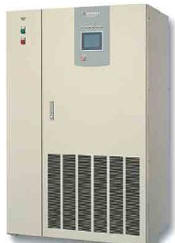 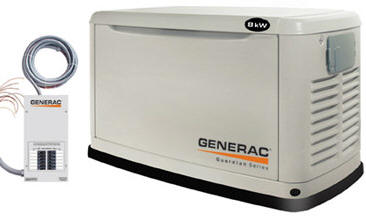 |
Breathing Conditions, Oxygen Equipment, Heart Monitoring, Patient Care at Home.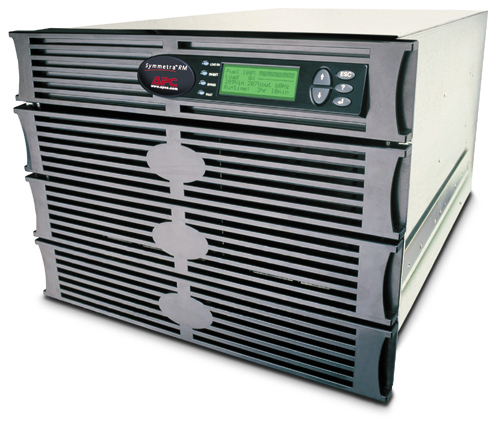 Whether you choose Battery Back-Up Power or an Emergency Standby Generator these are the topics that need to be addressed: Communications During Power Failures. Various Electrical Back Up Power Systems - UPS Uninterruptible Power Supply: Power supply units come in a wide range in order to suit the particular needs for continuous power. They also serve well to prevent electrical in-stability, such as voltage dips and surges, harmonics, or voltage spikes. These disruptions can cause serious harm to sensitive electrical equipment, particularly during the critical processing or production stages of an operation. To reduce the risk of power supply distortion, uninterruptible power supply (UPS) systems are often incorporated in electrical networks. UPS systems provide reliable, high-quality power flow for sensitive electrical load equipment and are commonly found in industrial processing applications, medical facilities, emergency equipment, telecommunications, and computerized data systems. A UPS system can be a helpful tool for ensuring proper power supply performance. Non-Automatic Power Generator System - Portable Unit Stow-away portable generators can be brought out when needed. They can be plugged into your property with a cord/outlet and switch set up. This is a portable system on wheels and will require a person who is familiar with a start up procedure (approx. 4 steps). Automatic Power Generator System - Permanent Unit The installation of an automatic standby generator will provide backup power 24 hours a day, 7 days a week. The system is totally automatic. An Automatic Transfer Switch immediately senses when utility power has been interrupted, transferring responsibilities to the generator. When the utility power is restored, the transfer switch automatically transfers back to utility power, shutting down and instantly resetting itself for the next power interruption with no action required by the property owner. Concerns: Location, it's appearance on your property. Noise, get the facts on the noise level. Fuel Choice, Generators run on: natural gas, propane, diesel and gasoline. Exhaust, proper venting away of exhaust fumes. Unit Size, make a list of essentials. This should be calculated by a professional. This permanent system will automatically start up and run in the event of a power outage. This system will also require a permanent fuel supply installation such as natural gas. This system is a permanent installation and will require an exercise routine once a month to insure an automatic start up. Exhaust and fuel installations must comply with local codes. When clinicians join the traditional home health care team "medical care at home" is created. Emerging research indicates that medical care at home with clinician. Integrating lab results into analytic databases can yield valuable information - Richer dataset provides health plans with a bet Home Clinical Perspectives Allergy & Immunology, Cardiology, Child Behavior & Development and Clinical Pharmacology-Cosmetic. Information dataset provides health plans with a better look at patient care provider effectiveness and population health. Primary care is at a crossroads - Modern Medicine Home Clinical Perspectives Allergy information. Table 8 of Z32 classifies essential system loads and branches and their intended performance (vital, delayed vital or conditional) for a specific type of patient care. So, now some of our questions posed at the outset — appear to be answered. But what about a difference in electrical installations between hospitals and, let’s say, doctors’ offices? Section 24 of the CEC helps to clarify this issue. Until the 2002 edition of the CEC had been developed, Section 24 was limited only to electrical installation requirements in patient care areas of hospitals. However, Scope of Section 24 in the 19th edition of the CEC, Part I (2002 edition) had been expanded to cover installations within patient care areas of “health care facilities”. Respectively, definition of hospital has been deleted from Rule 24-002 “Special Terminology” and a new definition health care facility has been added. This change from hospital(s) to health care facilities had been made throughout Section 24 and Appendix B, to harmonize Section 24 with the CAN/CSA-Z32. CSA standard Z32 further subdivides health care facilities into three separate classes as follows: Health care facility, Class B – a facility where residents, as a result of physical or mental disabilities, are unable to function independently and are accommodated due to a need for daily care by health care professionals; Health care facility, Class C – a facility where ambulatory patients are accommodated on the basis of medical need and are provided with supportive, diagnostic, and treatment services. Z32 provides a variety of examples of such health care facilities, and in addition to hospitals these examples include surgical, outpatient and doctor’s clinics, dentist offices, psychiatric and rehabilitation facilities. The impact on installations is that facilities that were previously not included by Section 24 rules now have to follow the Patient Care Areas requirements (Rules 24-100 to 24-114) which have very specific criteria for circuits, bonding, receptacles and other equipment. Thus, in our example above, electrical installations in a patient care are of a large teaching hospital have be similar to the installations in a typical doctor’s office that is located in a unit of an office building. Of course, such installation requirements for a patient care area occupied by a psychiatrist or a massage therapist may appear to be very drastic, as offices of such health care practitioners may be established in a typical unit of a commercial building where the previous tenant was a travel agent or an alteration shop and where special needs for receptacles, bonding, etc., have not previously existed. The inspection authority may require involvement of the professional electrical engineer at the permit and installation stages in order to ascertain a specific class of a health care facility and conditions of use of the electro-medical equipment and to supervise tests referenced in Appendix B Note on rules. 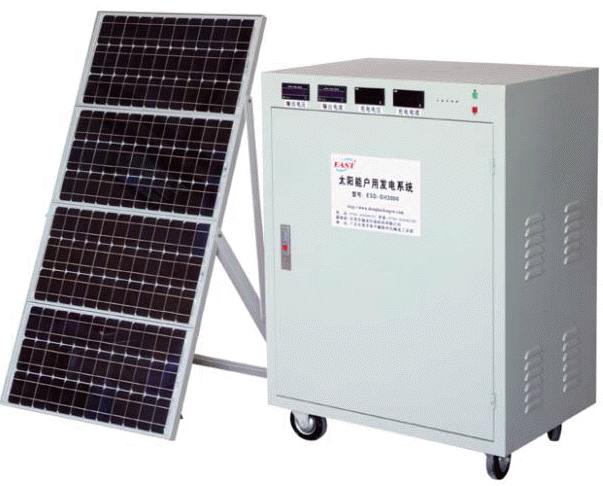 Avoid danger of back-feeding – Use a transfer switch. If the generator is not properly wired into the home there is a danger of back-feeding electricity. This is very dangerous and could result in serious injury or death to anyone coming into contact with electric lines while working to restore power in an emergency. To provide this type of installation as safely as possible, a transfer switch must be installed that will break the connection to the electric company’s service when the generator is in use and, similarly, disconnect the generator connection normal power has been restored. This switch is normally located between your home’s main service panel and the power sources. Single phase electric service requires a two pole, double throw switch. Three phase service requires a three pole, double throw switch. Installation must be performed by a licensed electrician and must conform to the National Electric Code. Another good economical solution to a power outage is a portable generator. These are available with sound dampening jackets for quiet operation. Because they give off carbon monoxide, these generators can only be safely used outdoors away from open windows and can never be used in a garage or basement. A typical portable generator will run about seven hours on a tank of fuel so if you are expecting a long outage, you should have an adequate supply on hand. An advantage to portable generators is they are very flexible. You can run power anywhere you can run an extension cord. But what you can't do is provide emergency power to a built-in refrigerator or an exhaust fan because there is no accessible power cord. Although a portable generator can produces 3000 watts of power, which is enough to light 30 100 watt light bulbs, this still may not be enough power in a lengthy outage. If you want to operate a microwave, a toaster, and a hair dryer all at the same time, that is about all a portable generator can handle. For more info on: electric, generator equipment, electrician, installers, lighting fixtures, circuit breakers, motors, supplier, wholesale supplies, gen-sets, electrical contractors, back up power. Call an electrical contractor for the advice of a licensed electrician, for projects such as: construction, generators, power outage and lightning protection, emergency power all around Philadelphia, Broomall, Philadelphia, Newtown Square, Havertown, Bryn Mawr and Lower Merion, PA. Free online estimating services...giving you costs, ideas, options and alternatives by email. UPS Systems and Standby Power Generators must comply with local codes. Please e-mail me with your questions. I'll help size the unit for your purposes.
|
